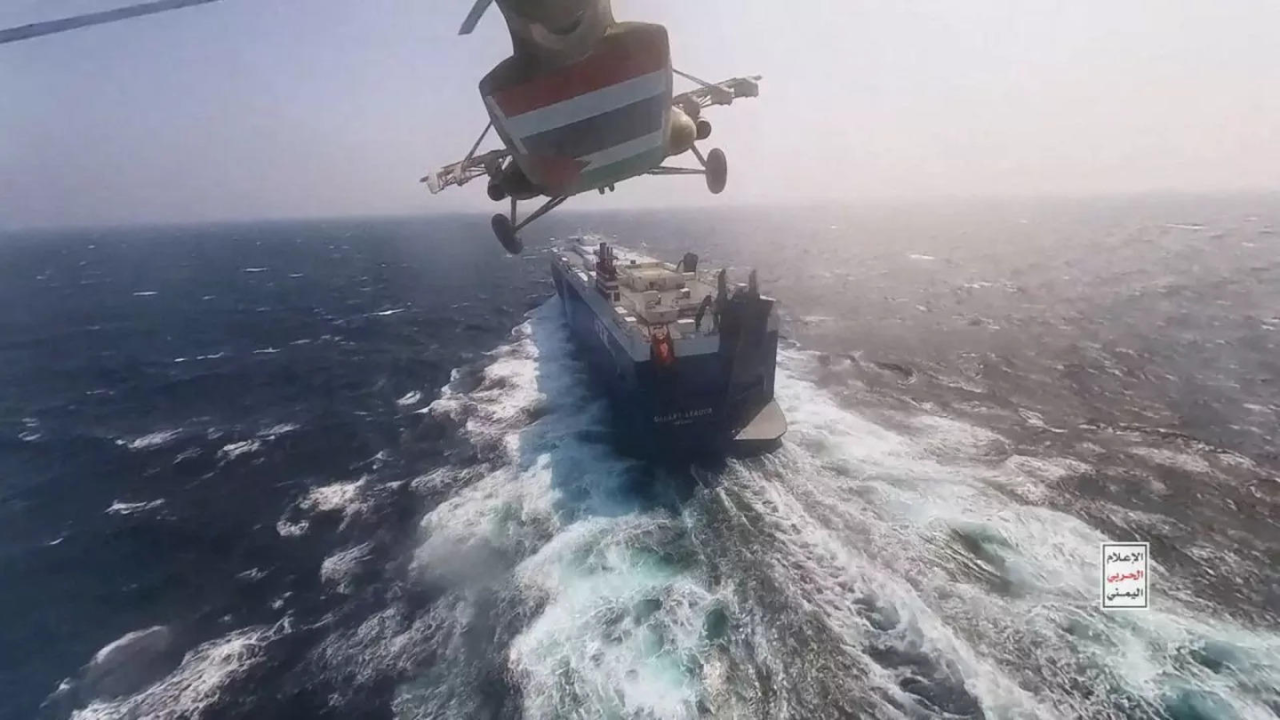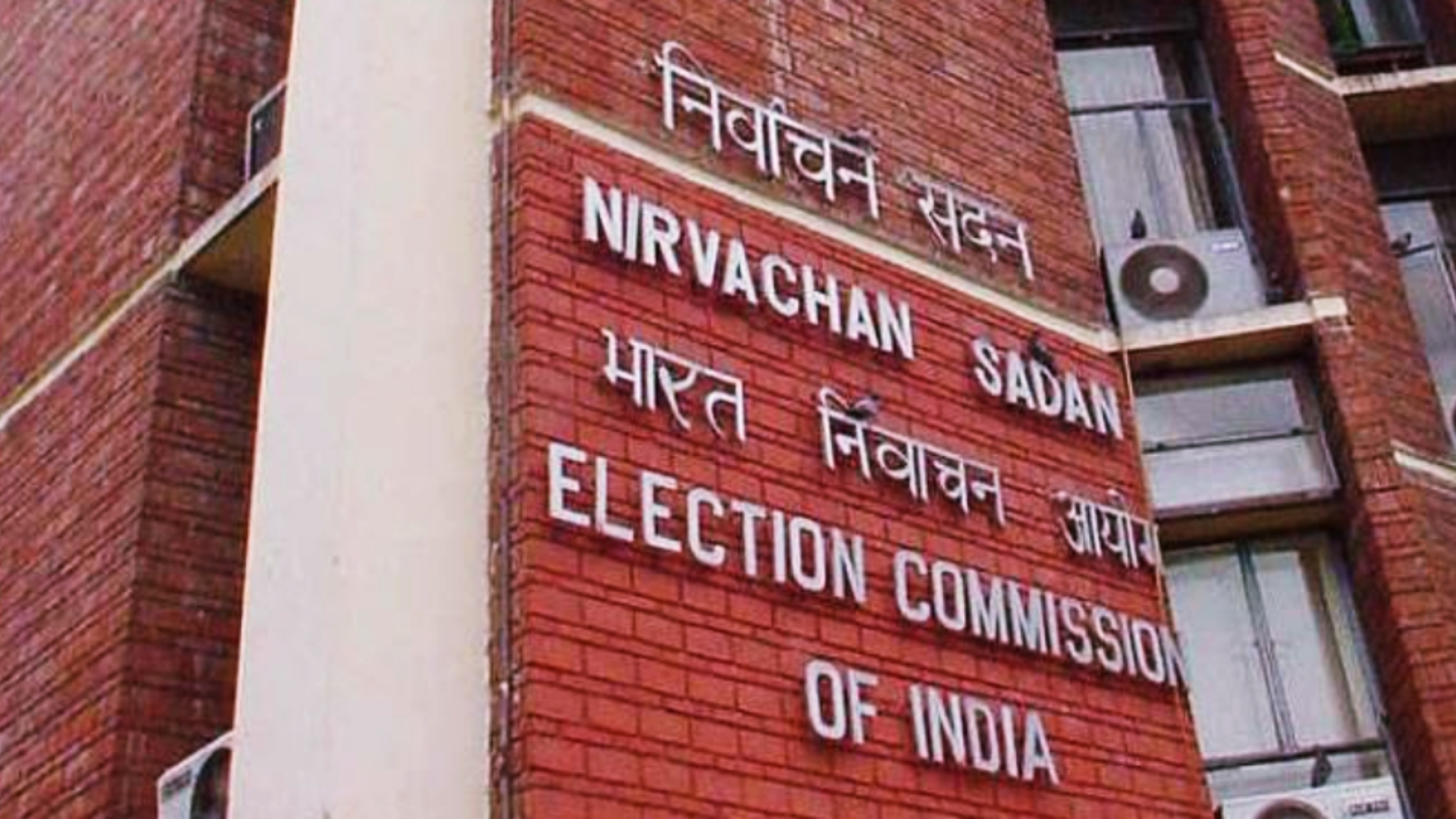










In a swift escalation of maritime tensions, a Gabon-owned, Indian-flagged crude oil tanker, M/V SAIBABA, fell victim to a one-way attack drone fired by Yemen’s Houthi rebels in the Red Sea, the US military reported on Sunday. This incident occurred just a day after a merchant vessel, with a majority Indian crew, was hit by a suspected drone strike off the coast of Gujarat in the Arabian Sea. The US Department of Defense attributes the Gujarat attack to Iran.
The attack on M/V SAIBABA resulted in no reported injuries, with the vessel promptly reporting the incident. Simultaneously, a Norwegian-flagged chemical/oil tanker reported a near miss from a Houthi drone. The USS LABOON (DDG 58) responded to the distress calls, marking the 14th and 15th attacks on commercial shipping by Houthi militants since October 17, according to the US Central Command.
Meanwhile, the Pentagon revealed that a Liberia-flagged, Japanese-owned, and Netherlands-operated chemical tanker, the motor vessel CHEM PLUTO, was struck by a one-way attack drone fired from Iran. The incident occurred at approximately 10 a.m. local time in the Indian Ocean, 200 nautical miles from the coast of India.
Adding to the complexity, two Houthi anti-ship ballistic missiles were fired into international shipping lanes in the Southern Red Sea on the same day, according to the US Navy Central Command. Fortunately, no ships reported being impacted by these ballistic missiles.
The Houthi rebels, aligned with Iran, have been disrupting global trade for weeks, targeting ships passing through the Bab al-Mandab Strait. They claim these actions are retaliatory measures against Israel’s conflict in Gaza.
These attacks are raising concerns about the passage of crucial commodities like oil and grain on this vital global trade route, leading to increased costs of insurance and shipping through the Red Sea. The international community is closely monitoring the situation, emphasizing the need for diplomatic solutions to address the root causes of these attacks and ensure the safety of maritime trade routes. Authorities are actively investigating these incidents, underscoring the urgency for coordinated efforts to maintain stability in these critical maritime regions.









